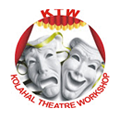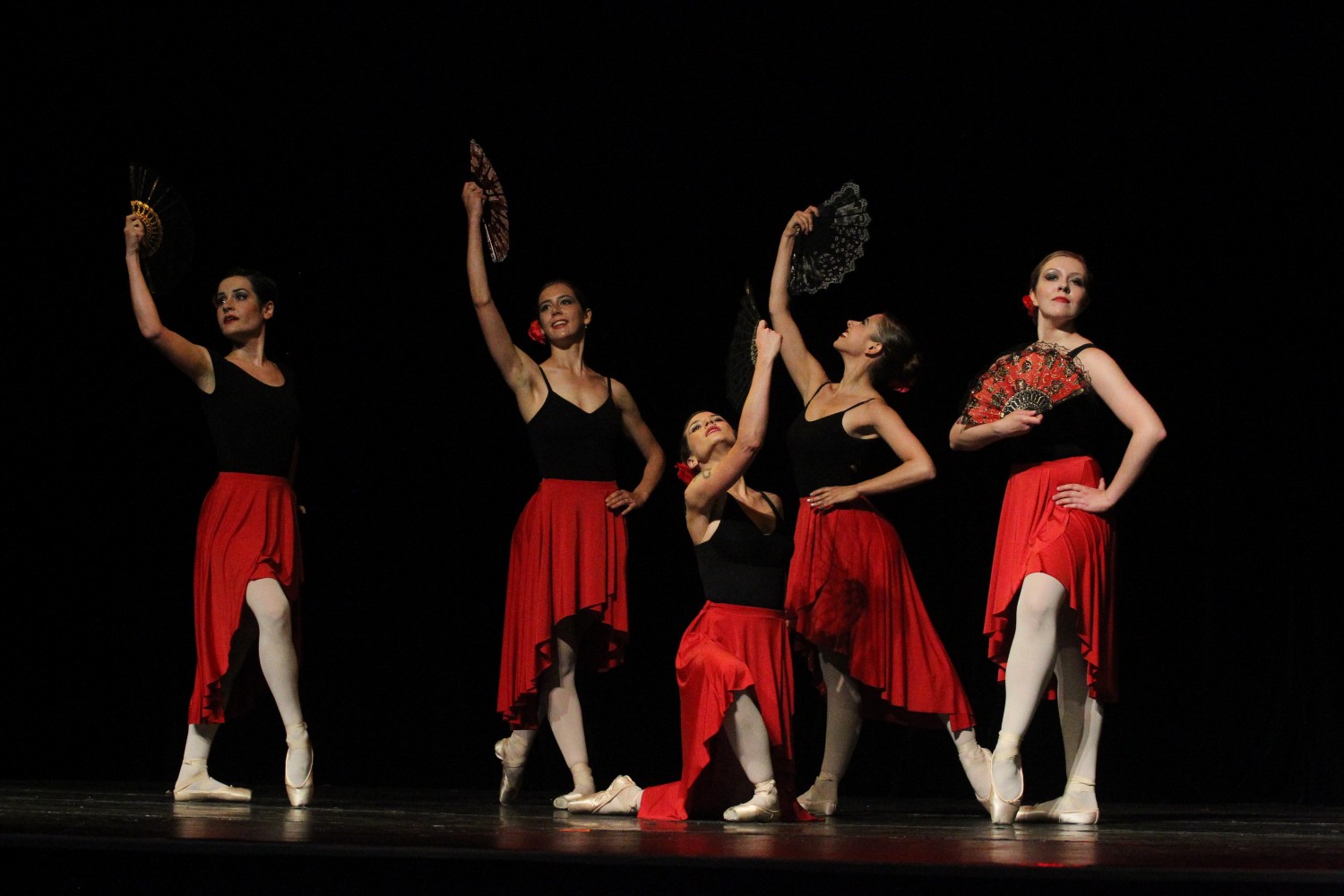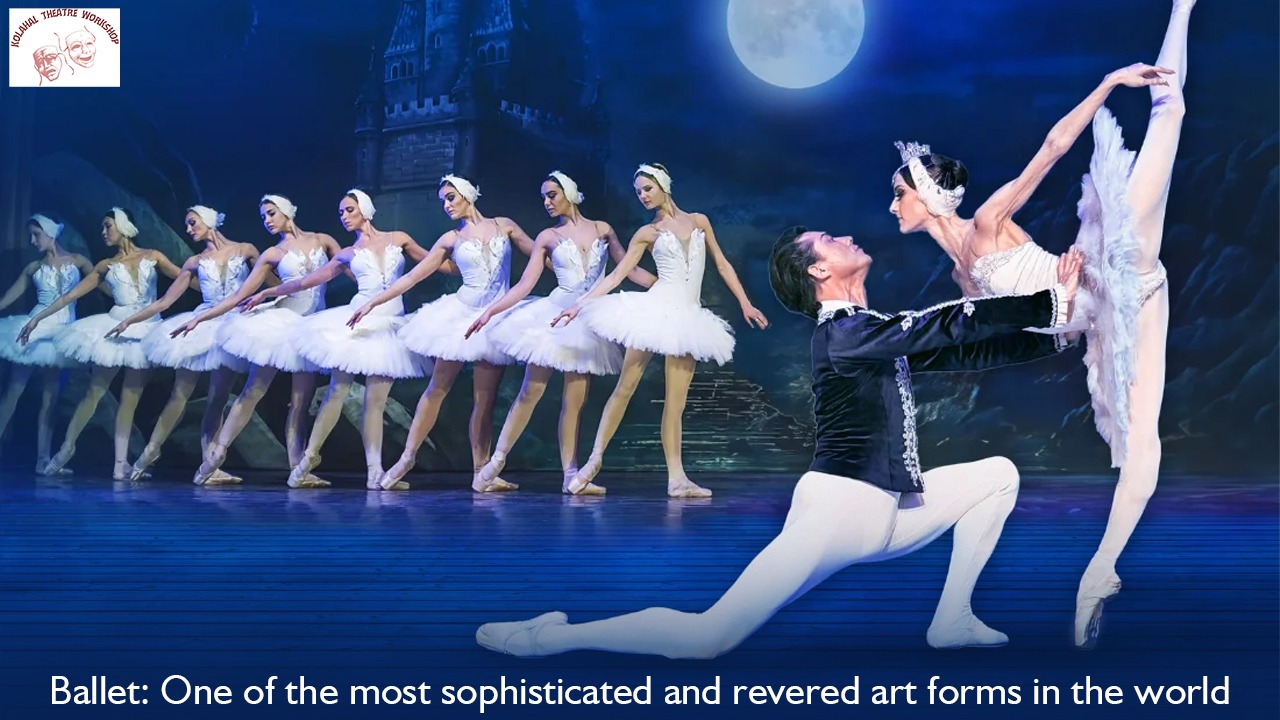Body Language- Enhances Your Performance

Body language is a non-verbal communication which enhances your performance. .Such behavior includes facial expressions, body posture, gestures, eye movement, touch and the use of space.
Since theatre is largely about expression and conveying the character’s emotion to the audience, it plays a vital part in theatrical communication. It always portrays the true emotion In our life. In case of theatre, it is essential for an actor to be aware of his own body language and should be able to use it consciously. While performing on stage, it is the actor’s job to communicate the given role effectively .Body language, like facial expressions, may be emphasized so that the character’s intentions are clear for all. It is much closer and intimate.
BODY LANGUAGE-A TOOL OF COMMUNICATION
Memorizing your lines for the required role is not the only way to be successful on stage. In order to make your performance stand out, you need to learn how to handle your body language, during and after performances. Body language is communication coming from movement or position, particularly facial expressions, gestures and the relative positions of a speaker and listener. It often adds layers of meaning to the spoken words by mastering your non-verbal communication can definitely give you an edge over others. Thus Body Language enhances your performance.
FACTORS ESSENTIAL IN THEATRE PERFORMANCE
• Master your space – The body to body distance between two parties manifests the nature of the relationship between the participants themselves as well as observing third parties. Everyone has their own space bubble.
• Know the seven Micro expressions – A brief, involuntary facial expression, that appear on a person’s face according to the emotions being experienced. The seven universal micro expressions are disgust, anger, fear, sadness, happiness, surprise and contempt.
• Use a launch stance – The easiest way to project confidence is to claim territory. Use a launch stance. Own your own body and own the space around you by standing or sitting tall.
• Use purposeful gazing – Confident performers and actors know the power of eye gazing. Use purposeful gazing and eye contact to your advantage.
• Harness confidence – Confidence can help you harness your inner potential. Research supports that confident people accomplish more. It has the power to help you overcome challenging situations, take risks and handle curveballs thrown at you. You can manifest confidence with your body language in many ways.
• Gestures – You are expressing a feeling or showing something by body action. You may wave, point, beckon or use your hands when arguing or speaking animatedly.
ROLES PLAYED BY NON-VERBAL COMMUNICATION IN BODY LANGUAGE
• Repetition-It doesn’t have to be the words you’re saying, but your body language can repeat your message, too. Example- Asking for five coffees and holding up five fingers.
• Contradiction – You’re saying something, but your body language is communicating a totally different message. Example- Saying to the dinner host, “Everything is so delicious,” while unknowingly grimacing.
• Substitution – It can act as a substitution of verbal message. Example- “How was the haunted house,” you ask.
• Complementing – It may add to or can complement your verbal message
• Accent – It may underline a verbal message. For example, a person who is verbally expressing anger may may accent the verbal message by s shaking a fist.



